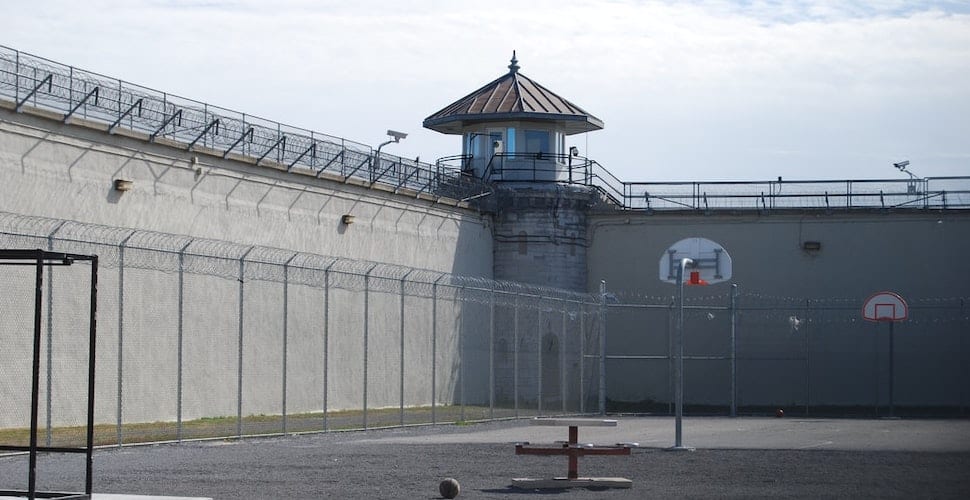While the Californian prison system has taken measures to combat the spread of coronavirus, such as halting rehab programs, religious services, and educational classes, authorities have been keen to keep one operation continuing: prison factories.
A report from the Los Angeles Times this week has highlighted how California kept prison factories open while coronavirus spread rapidly through the inmate population.
As demand in the U.S. grew for masks, women incarcerated in a prison in Chino, California stitched masks for 12 hours a day, but were forbidden from wearing them.
The fabric the women at Chino prison were using to stitch the masks came from a nearby men’s prison, where a coronavirus outbreak had killed 23 inmates.
The stitching of masks with potentially contaminated fabric is not the only high-risk jobs prison laborers have been required to do during the pandemic, with work including delivering meals from cell to cell, cleaning communal showers, and cleaning COVID-19 units in prison hospitals.
For their work, they are compensated with a wage between 8 cents to $1 an hour.
Further, the Los Angeles Times found that at the women’s prison in Chino and the Avenal State Prison for men, factories bought together inmates that were housed in different units, increasing the risk of the virus spreading.
Workers were threatened with losing their jobs if they missed a day of work, and some were threatened with disciplinary measures that would jeopardize their chances of release from prison if they refused to work through fear of contracting COVID-19.
Robbie Hall, who contracted COVID-19 while producing masks at the women’s prison in Chino, described conditions as:
“Like a slave factory… the more you give them, the more they want.”
The Californian Prison Industry Authority (CALPIA) oversees roughly 7000 incarcerated workers in California, and fabric manufacturing alone brought in revenue of $23.7 million in 2019 for CALPIA, with furniture manufacturing following closely behind with $16.9 million of revenue.
As of August 2020, 83 percent of prisoners that staffed the furniture factory at Avenal State Prison had contracted COVID-19.
“Why is money more important than human lives? Inmates are just a business” – David Burke, incarcerated at Avenal State Prison
Legal scholars and civil rights groups, including Freedom United, view forced prison labor as forms of modern slavery, but it continues due to the 13th amendment, which banned slavery and involuntary servitude “except as a punishment for crime.”
Freedom United is currently running a campaign calling for an end to slavery in the U.S. prison and detention industry.
Join over 12,500 others and sign our petition here to tell U.S. public and private prisons that they can’t get away with forced labor behind bars.







Freedom United is interested in hearing from our community and welcomes relevant, informed comments, advice, and insights that advance the conversation around our campaigns and advocacy. We value inclusivity and respect within our community. To be approved, your comments should be civil.
So sad something need to be done about this. Racial Disparities.
Absolutely shocking